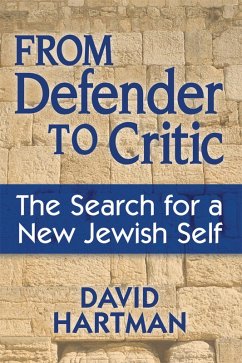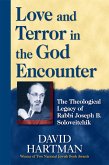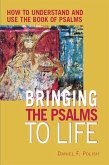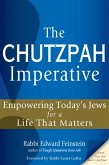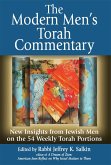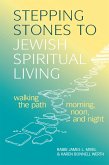Produktdetails
- Verlag: Turner Publishing Company
- Seitenzahl: 336
- Erscheinungstermin: 15. März 2012
- Englisch
- ISBN-13: 9781580236232
- Artikelnr.: 49988222
Dieser Download kann aus rechtlichen Gründen nur mit Rechnungsadresse in A, D ausgeliefert werden.
- Herstellerkennzeichnung Die Herstellerinformationen sind derzeit nicht verfügbar.

